Partner
Gemeinsam für eine bessere mentale Gesundheit
Unsere Partner teilen unsere Vision, die psychische Gesundheitsversorgung durch digitale Unterstützung effizienter und zugänglicher zu gestalten. Entdecken Sie, wie wir gemeinsam die Zukunft der Therapie gestalten.
Forschungspartner
Fachhochschule Bern
Institution: Applied Machine Intelligence
Prof. Dr. Mascha Kurpicz-Briki
Digital Health Measurements and Analytics (Januar 2023 – April 2023)
Analyse und Konzeption von KPI-basierten Metriken zur Messung des Therapieerfolgs in der Blended Psychotherapy (September 2024 – Dezember 2024)
Klinische Partner

Privatklinik Wyss
Die Privatklinik Wyss bietet individuelle psychiatrische und psychotherapeutische Behandlungen mit einem ganzheitlichen Ansatz für psychische Gesundheit.
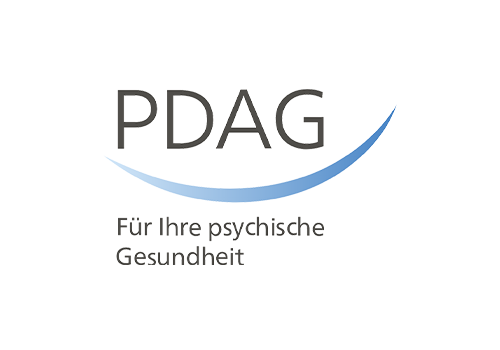
Psychiatrische Dienste Aargau
Die PDAG bietet ein umfassendes Angebot an psychiatrischen und psychotherapeutischen Behandlungen für Erwachsene mit Schwerpunkten auf Krisenintervention, Rehabilitation und spezialisierte Therapien.

Klinik Meiringen
Die Privatklinik Meiringen ist spezialisiert auf die Behandlung von psychischen Erkrankungen mit einem breiten Angebot an stationären und ambulanten Therapien.
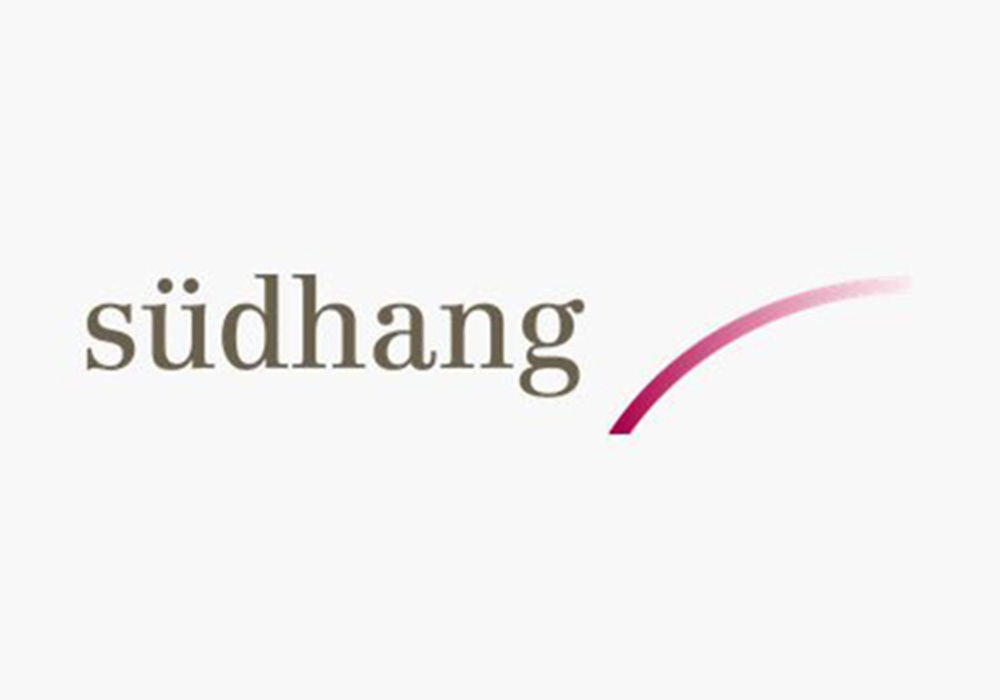
Klinik Südhang
Die Klinik Südhang ist eine Fachklinik für Suchttherapie und bietet spezialisierte Behandlungen für Menschen mit Abhängigkeitserkrankungen.
Business Partner
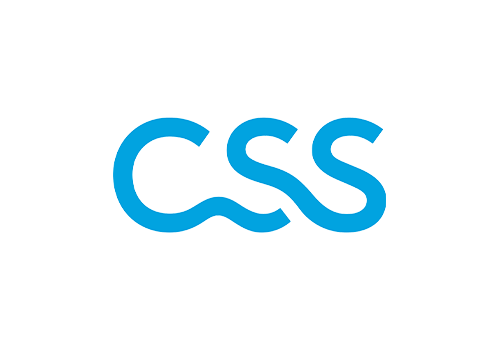
CSS Kranken-Versicherung
Krankenkasse & Gesundheitspartnerin
Unterstützende Organisationen
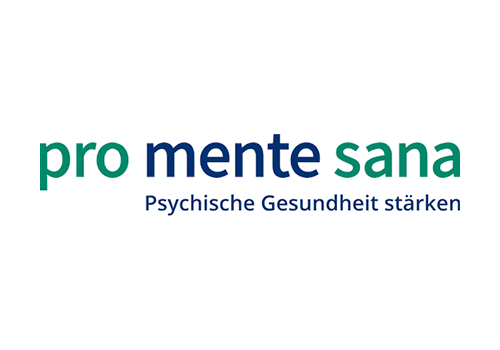
Pro Mente Sana
Netzwerk Gesundheit Schweiz zur Förderung psychischer und psychosozialer Gesundheit durch Peers und Prävention.

Netzwerk Gesundheit Schweiz
Netzwerk Gesundheit Schweiz zur Förderung psychischer und psychosozialer Gesundheit durch Peers und Prävention.
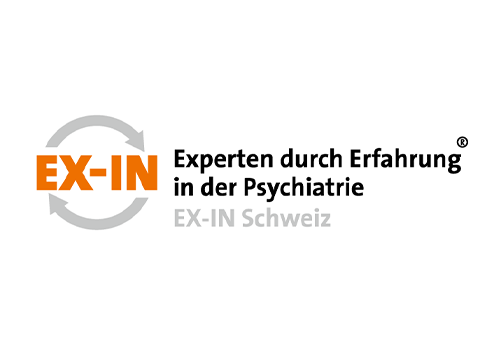
EX-In Schweiz
Ausbildungsprogramm zu Peers, für Menschen mit psychischen Krankheits- und Genesungserfahrungen und Peer-Pool.
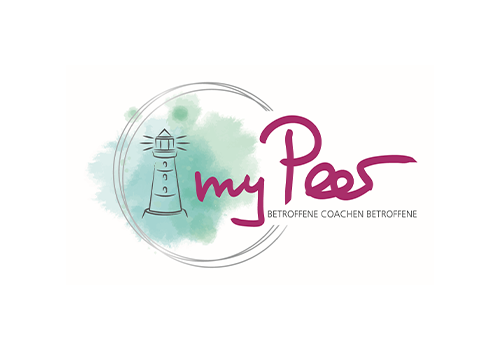
my Peer
Begleitung, Coaching, Training und Beratung für Peers und Peer-Pool.


